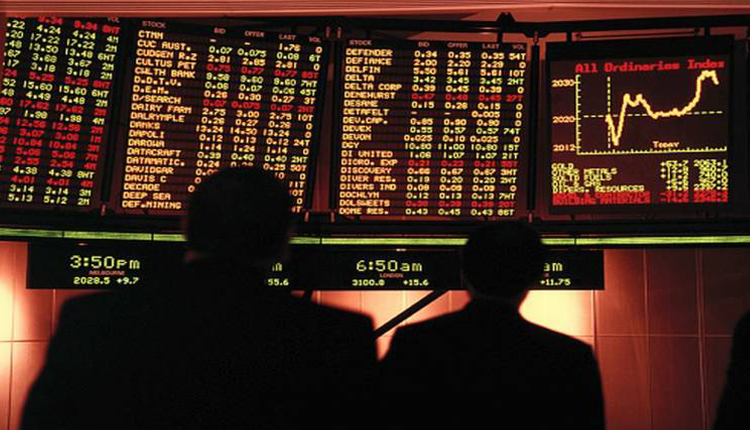Asian markets remained largely negative on Tuesday afternoon, as ties between the U.S. and China appeared to have taken a turn for the worse.
South Korea’s Kospi slipped further to trade down by 0.71 percent, despite data showing the country’s year-on-year output to be above forecasts.
Down Under, the ASX 200 also continued its slide, falling by 0.77 percent as most of the country’s banks continued to sustain losses. Shares of AMP slipped further to trade down by 2.24 percent.
Hong Kong’s Hang Seng index also saw further losses, sliding 1.64 percent on its first trading day of the week.
Over in Japan, however, the Nikkei 225 returned to positive territory to trade up by 0.28 percent in the afternoon, while the Topix was higher by 0.57 percent.
China’s markets are closed for a public holiday.
South Korea’s job woes
On Tuesday morning, South Korea’s Finance Minister Kim Dong-yeon warned that the country could see annual employment losses for the month of September, after the jobless rate hit an eight-year high in August.
Speaking with CNBC’s “Squawk Box” on Tuesday, Standard Chartered Bank Korea’s Head of Economic Research Park Chong Hoon said South Korea’s employment woes were “structural” in nature, with issues such as a change in demographics and the retirement of baby boomers.
“It’s going to be deeper,” Park said. “That kind of weak job market will continue to trend.”
Wall Street action overnight
In market action overnight on Wall Street, the Dow Jones Industrial Average climbed by 192.90 points to close at 26,651.21 while the S&P 500 advanced by 0.4 percent to 2,924.43. The Nasdaq Composite slid 0.1 percent to 8,037.30.
Trade developments
The market moves stateside came on the back of Canada and the U.S. announcing a new trade deal to replace the current North American Free Trade Agreement (NAFTA). The new accord is expected to be named the United States-Mexico-Canada Agreement. Leaders from the two countries, along with Mexico — which agreed to a deal with the U.S. in August — are expected to sign the new deal before the end of November, before it is handed to Congress.
Meanwhile, White House economic advisor Larry Kudlow said in a Fox Business interview on Monday that a trade deal with China is not “imminent.” Kudlow also said U.S. President Donald Trump was not satisfied with the current progress of trade talks between Washington and Beijing.
Trade tensions between the U.S. and China appear to have spilled over into other aspects of their bilateral ties, with the Pentagon canceling Defense Secretary James Mattis’ visit to China later in October.
Currencies and oil
The Japanese yen was largely flat at 113.93 against the dollar, while the Australian dollar lost its earlier gains to trade at $0.7225, as of 11:56 a.m. HK/SIN.
At the same time, the U.S. dollar index which tracks the greenback against a basket of currencies was at 95.322, once again approaching its earlier high.
In the oil markets, the global benchmark Brent crude futures contract was largely flat at $85.01 per barrel. The U.S. West Texas Intermediate futures contract, on the other hand, rose further to trade up by 0.28 percent to $75.51 per barrel.
Source: CNBC
